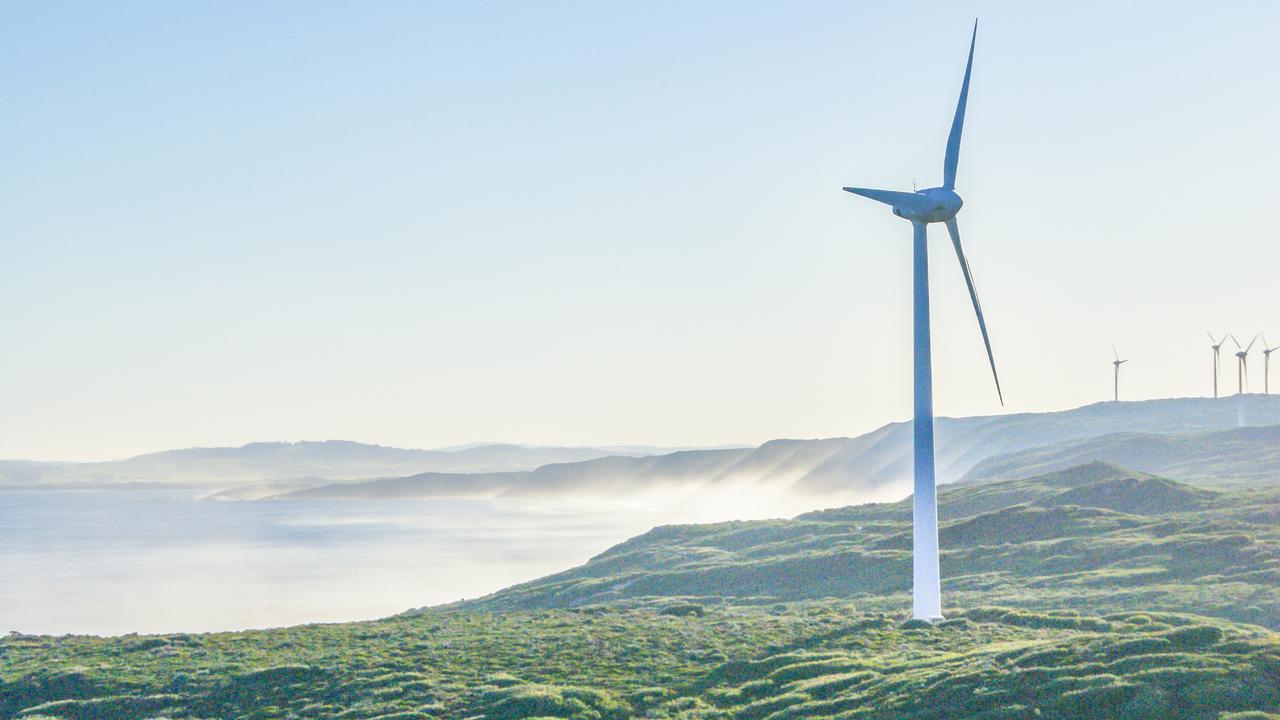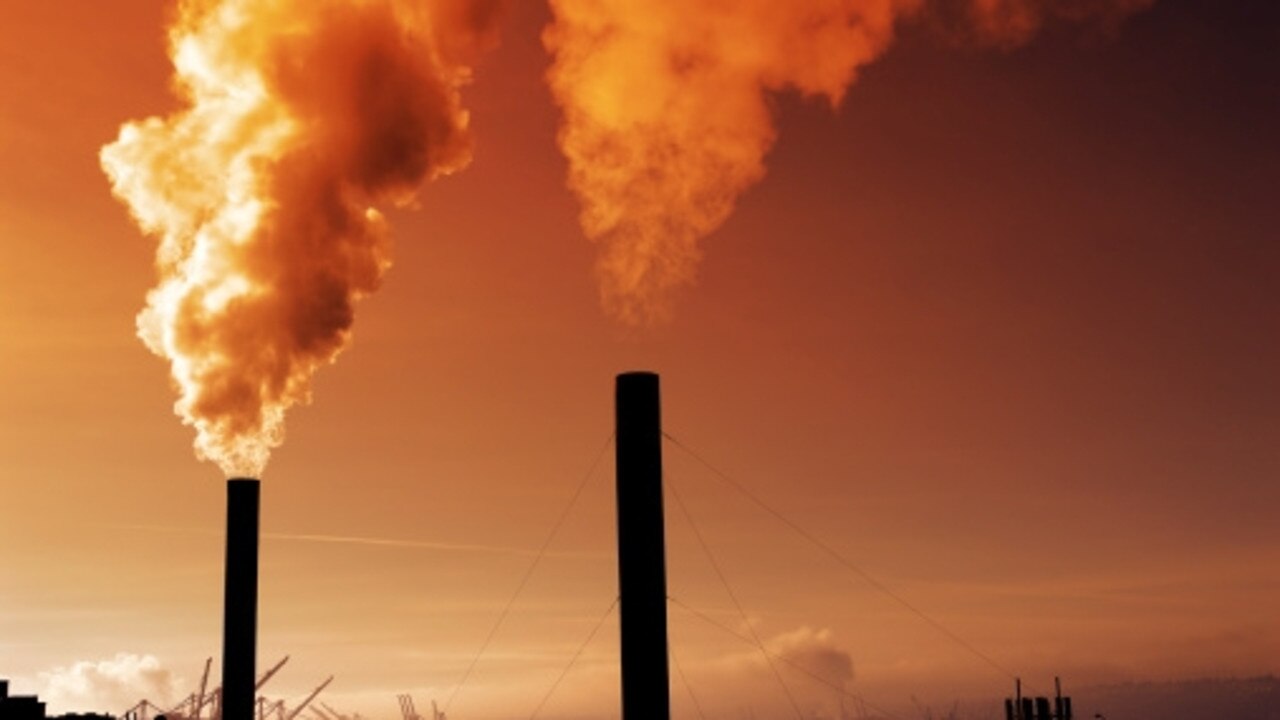Australia falls in behind US over proposed $26bn shipping tax
AUSTRALIA is supporting US moves to derail progress on a $26 billion-a-year carbon tax on international shipping.
AUSTRALIA is supporting US moves to derail progress on a $26 billion-a-year carbon tax on international shipping.
The shipping tax represents the only non-government money available so far for the $100bn-a-year "green fund" for developing nations, which is a centrepiece of climate change talks in Durban this week. The so-called bunker tax will be levied on shipping fuel at a carbon price of $25 a tonne.
The concept has been promoted by Oxfam and has the support of the International Chamber of Shipping.
The World Bank and IMF have estimated it could raise $26bn a year and is estimated to add 0.2 per cent to shipping costs, or $2 for every $1000 traded.
Negotiators in Durban have included details of the tax in the green fund documents, recommending how funds should be used to compensate developing countries for the increased cost of goods as a result of higher shipping costs.
The plan is for $16bn a year to go to developing countries to offset higher import costs and $10bn to go to the green fund.
But Oxfam's international policy adviser, Tim Gore, said the US was leading a push to remove any mention of specific funding sources from the UN green fund document.
US negotiator Todd Stern said his country had been a strong supporter of the green fund but about 20 parties had "various issues" concerning what had been put forward in Durban.
"To the extent that parties, including the US, had any issues they wanted to be addressed that is going to be done in the context of the covered decision which is the thing the COP (conference of parties) acts on," Mr Stern said.
Mr Gore said while there was widespread support for a green fund, the critical question was where would the money come from to make up the expected $100bn a year.
"We cannot afford to set up another empty shell here at Durban," he said.
"The good news is that in the current finance negotiating text there is one concrete source of finance identified that would generate money at the scale of billions of dollars per year outside and additional to government financial contributions -- and that is to raise finance from international shipping."
The International Chamber of Shipping would administer the tax. Mr Gore said the scheme could take 18 months to two years to finalise and, with ratification, could be operational within three years.
Australia does not expect progress on the bunker tax at Durban.
A spokesman for climate change minister Greg Combet said emissions from international shipping and aviation were significant and growing.
"(Australia) supports multilateral discussions on this issue," he said. "There have been fruitful discussions in the International Maritime Organisation and the International Civil Aviation Organisation in recent months."
He said in July this year the IMO adopted mandatory energy efficiency regulations for international shipping, "a move which Australia strongly promoted".



